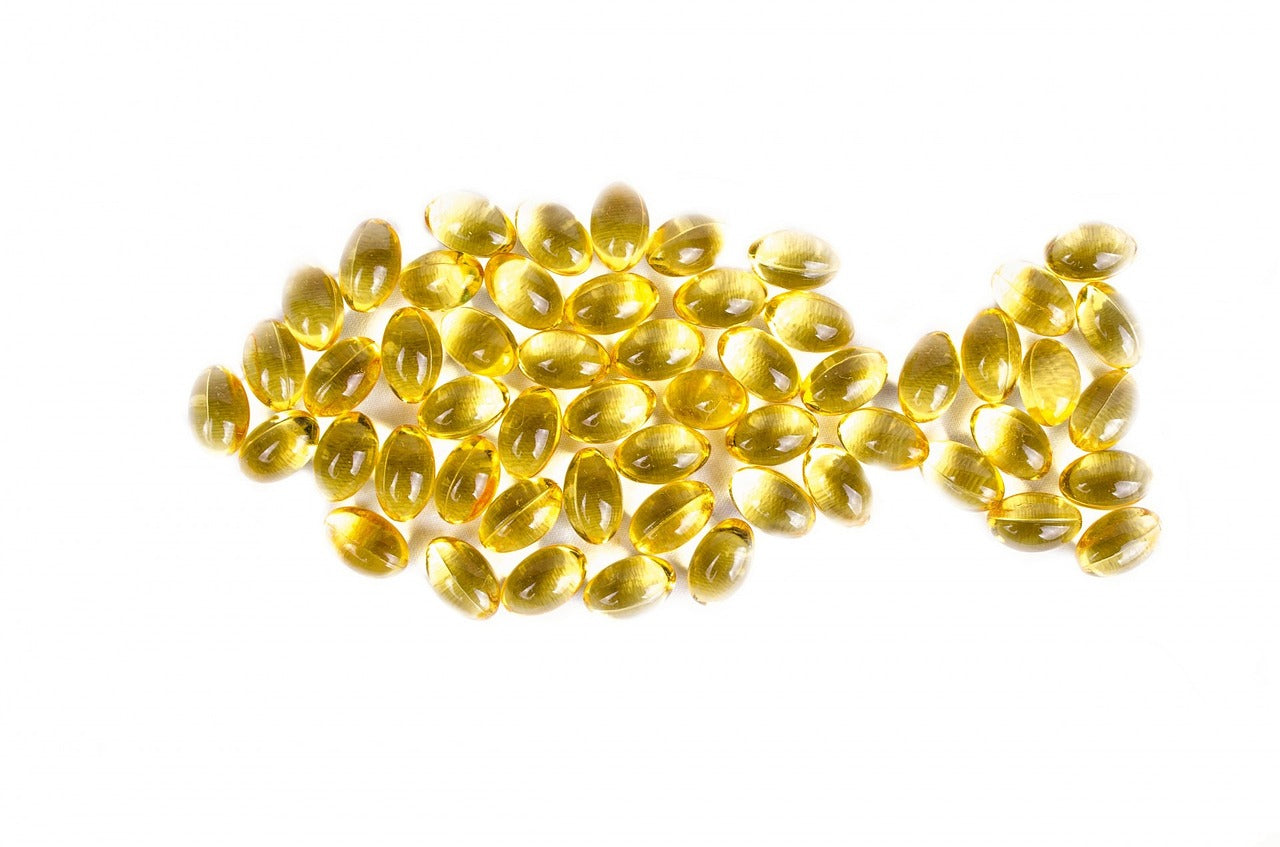Anti-inflammatory

Palo azul "exhibited significant anti-inflammatory activity"
Palo azul tea has been used traditionally for over 500 years because of its powerful anti-inflammatory property. Recently, several studies have found that palo azul showed anti-inflammatory activity due to its flavonoid rich content and they've supported palo azul's effectiveness for its traditional uses.
For example, a 2015 study found that palo azul "exhibited significant anti-inflammatory activity" and the researchers concluded that "the results of this study demonstrated that the bark of palo azul acts as an anti-inflammatory agent."
The researchers in this study concluded the following: "Our data indicate that palo azul exhibited significant anti-inflammatory activity in all the trials of paw and ear edema.”

This 2024 study concluded that palo azul extracts "have been shown to be an excellent anti-inflammatory agent."
This 2018 study concluded that "EE (palo azul) and its rich-flavonoids fractions inhibited secondary inflammatory reactions" and "also decreased the serum levels of pro-inflammatory cytokines."
A 2011 study similarly concluded that palo azul's "fractions rich in flavonoids induce an anti-inflammatory effect in chronic inflammation."
What are flavonoids?
According to a 2016 review, flavonoids are "a group of natural substances with polyphenolic structures and they're found in fruits, vegetables, grains, bark, roots, stems, flowers, tea and wine. These natural products are well known for their beneficial effects on health."

Another 2018 study concluded that "EPE (palo azul) exerted in vitro anti-inflammatory effects."
Lastly, this 2011 study found that "C. genistoides (palo azul) showed a significant inhibition of the carrageenan-induced inflammation" and concluded that "these results give support to the use of this plant as an anti-inflammatory in traditional medicine."
P.S. Don't forget to share palo azul's magic with your loved ones!

Clinical Studies
* Palo azul is commonly referred to by its scientific name: Eysenhardtia polystachya / E. polystachya / E.P, Cyclolepis genistoides / C. genistoides, kidney wood, kidney tea and palo dulce
(2021) Medicinal and Aromatic Plants of South America: Cyclolepis Genistoides
(2011) Anti-inflammatory properties from isolated compounds of Cyclolepis genistoides
